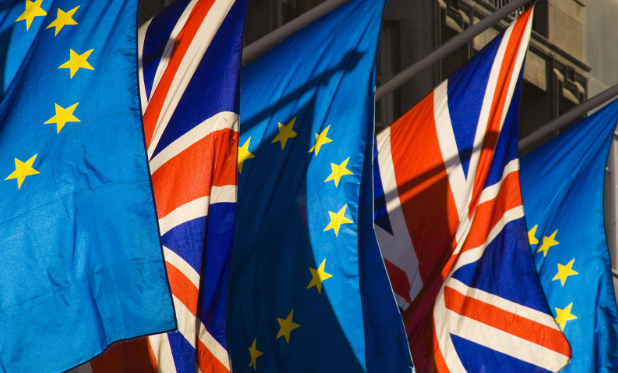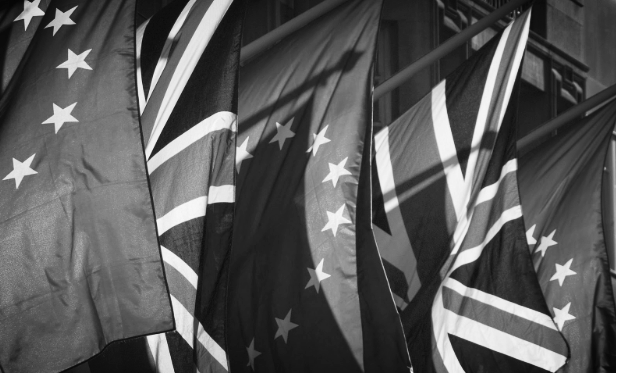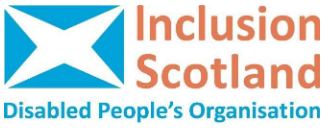By Jane Thomas
As largely predicted the polls are narrowing with last nights YouGov poll suggesting that the Conservative lead has halved in the last two weeks. This is worth more than a cursory glance as it was YouGov using their MRP model that predicted most closely the outcome of the 2017 election. It is also the modelling that Electoral Calculus are now using and - although interestingly - now showing different results than YouGov today.
What we do know is that nearly everyone got burned with predicting 2017 election so most pollsters are trying to keep their bases covered so there are huge caveats. Firstly the MRP comes with a margin of error, just like all polling. The current estimates mean the Conservatives could be anywhere between 311 and 367. Second and more important this general election has blurred traditional voter party loyalties and has left nearly 20% of the electorate undecided as they go to the polls. With so many constituencies now marginal between 80 to 90 seats are still up for grabs in this last key day. Basically then anything can happen.
But beyond the speculation of the polls is the more important speculation of what will be delivered on Friday the 13th. There are with this amount of uncertainty four possible outcomes - a Conservative majority; a Labour majority; a coalition government ( either formal coalition as in 2010 or one that relies on supply and confidence agreement); a hung parliament with no apparent ability to reach an agreement on coalition or confidence and supply.
From the Brexit Civil Society Alliance point of view it is the first and last outcomes that need some attention. Firstly a Conservative majority will move things along and “ get Brexit done”. Expect legislation before Christmas and then moves to negotiate a trade deal with the EU next year and with no extension of the post-Brexit transition period beyond December 2020. Boris Johnson has also explicitly said the UK will be outside the EU single market, and any form of customs union. This is not the place to argue what *get Brexit done means* but there is an unambiguous route map here even if that route may yet be blocked by new MPs ( what happens if a handful of One Nation Remain Tories returns??)
Of equal significance though is the current Conservative manifesto commitments to limit any checks and balances on the government if elected – the now infamous “page 48“. As noted by Prospect magazine the single mention of the party’s pledge to “update” the 1998 Human Rights Act, which brings the European Convention on Human Rights (ECHR) into domestic law has rung alarm bells to constitutionalists. There is no detail or indication of what this update will look like other than it will “ensure that there is a proper balance between the rights of individuals, our vital national security and effective government.” There is also on the same page a reference to looking at “the relationship between the government, parliament and the courts.”
This last reference suggests that parliamentary process of scrutiny may well be up for grabs and should ring alarm bells to everyone - especially given the recent track record of the last Conservative government and their steamrolling of complicated and hugely consequential Brexit withdrawal legislation giving it just a few days to be considered before enactment.
What of a Labour government? However much polling is not an accurate science anyone who has been on the doorstep in key marginals (I’ve been out in six in Derbyshire and Yorkshire) will tell you this is not going to happen. The red walls feel breached in South Yorkshire and this is exactly where Boris Johnson has planned to make gains. So whilst Jeremey Corbyn may yet be Prime Minister it will be not be as the leader in a Labour government but in a coalition government.
And that brings us to option three - a coalition government. The Conservatives could yet be held to 310 seats, which would render them unable to govern. This will then lead to a most interesting week or so about who will be leader and what is given in return ( in 2010 the Lib Dems and Conservatives took five days to forge a deal). The SNP will be the ones holding the key to this, not the Lib Dems (look at projected gains) and the chips used will be Scottish independence in return for support of Corbyn. The Lib Dems will possibly acquiesce in return for early referendum on Brexit and quite possibly some form of voting reform. But there are so many variables its not worth the speculation.
Its when it comes to outcome number four, a hung parliament , the process is complex. As the Institute for Government point out an unclear election result could trigger a period of real uncertainty over who should run the country. If no obvious coalition emerges the incumbent prime ministers have an advantage as no new government can be formed until their resignation. Just like Stanley Baldwin in 1923–4, Boris Johnson could decide to stay on and ‘test the will of the House’.
This is when it gets messy. A Queen’s Speech is planned for 19 December but there is no date set for the preceding days of debate and that could still be pulled. Given the Christmas recess several weeks could pass before we know who will be running the country. In fact there is speculation under these circumstances Boris Johnson will remain and drag out any chance of resolution so that he can still get Brexit over the line by January 31st.
This last point should focus the minds of our newly elected MPs - some of whom will be so new to the process they will have problems finding the Chamber, nevermind understanding parliamentary procedure. But they will all have been elected with one of two key expectations from their electorate - to get Brexit done, or to halt it. So you will have a very divided House again.
Finally and one last broad point about this election that is concerning to all of us who want to see fair, open elections and democratici and accountable government. This is the first general election where several of the tech giants have really been called out on the political ads running on their platforms.
This really is the era of fake news and in a tight election this could yet be decided by a series of untruths. Not very edifying for a 21st century democracy. It could also be decided by a much more sophisticated and targeted application of tactical voting. This in itself is not anti democratic but does beg the question about the state of a two party voting system that increasingly is no longer fit for purpose. Those hoping that this election puts an end to any number of things will be hugely disappointed.
Image credit: “Polling Station sign stock photo image" by DPP Business and Tax is licensed under CC BY 2.0









